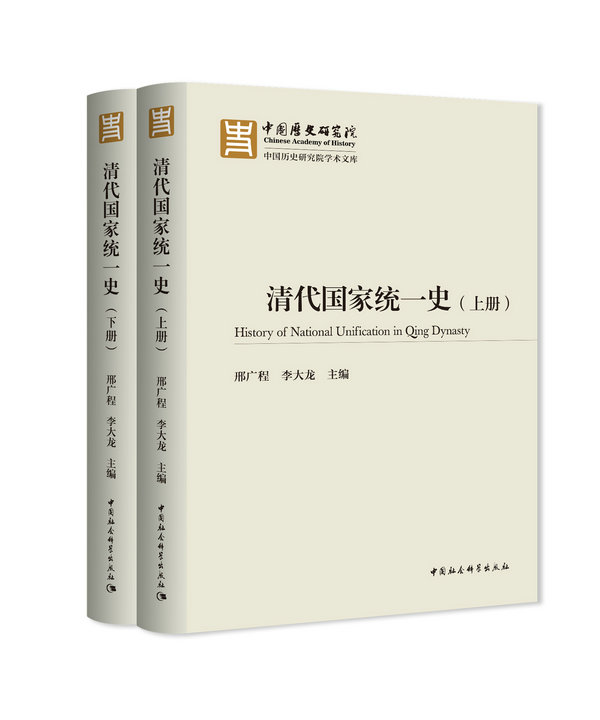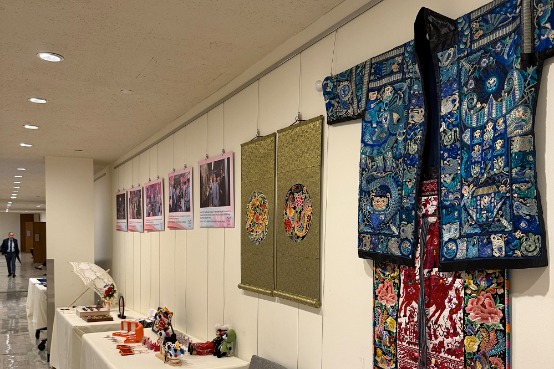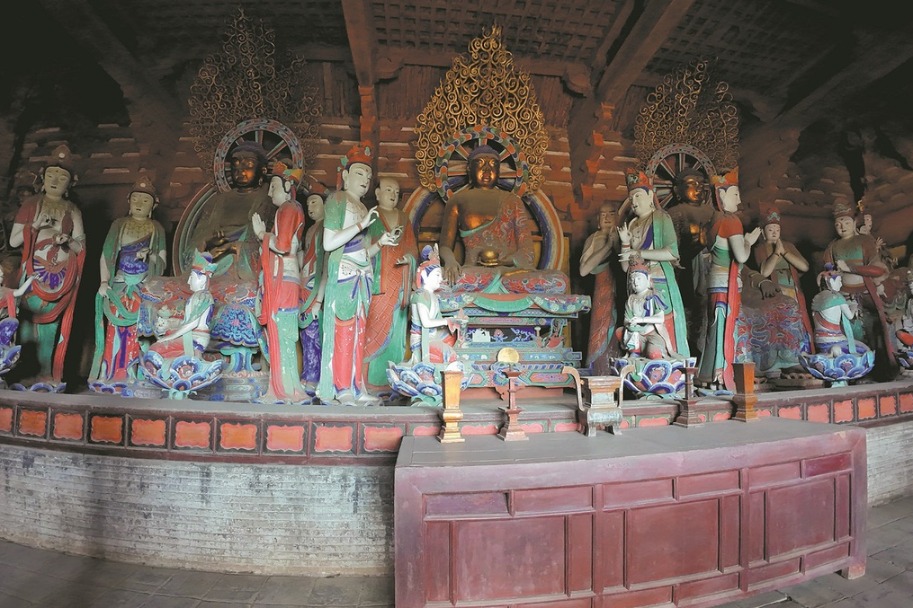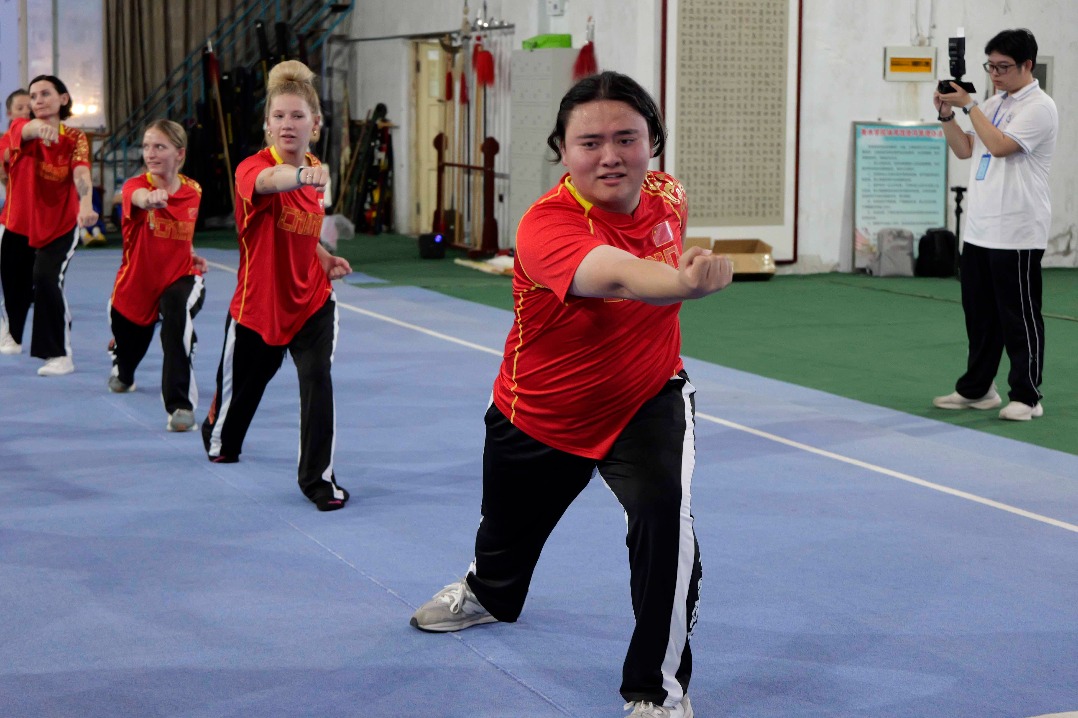New history book focuses on unification


Review of Qing rule offers key pointers for current policymaking, experts say
A new history book was released by the Chinese Academy of Social Sciences in Beijing on Monday to review how China's national unity was strengthened.
The two-volume History of National Unification in Qing Dynasty, which includes 1.1 million characters, is one of the first major academic achievements of the Chinese Academy of History, which was established at the CASS in 2019 to promote comprehensive studies in history as references for modern national governance.
The book systematically reviews the process of national unification during the Qing Dynasty (1644-1911), and its experiences and lessons in governing frontier areas, including Xinjiang, Tibet, Taiwan, regions inhabited by the Mongolian ethnic group, Northeast China, Southwest China and the country's territorial seas.
During a meeting on cultural inheritance and development at the Chinese Academy of History on Friday, President Xi Jinping noted that the prominent unity of Chinese civilization determines that national unity will always be at the heart of China's core interests and the fate of all ethnic groups depends on a strong and united country.
Xing Guangcheng, co-author of the book and a member of CASS Academic Division of History, said by studying rich historical documentation, "this book demonstrates how a united nation with various ethnic groups was established, consolidated and safeguarded during the Qing era".
According to Xing, who also gave a speech during Friday's meeting, new historiographical perspectives have been introduced in the new book. Twelve reputable scholars from across China helped in its compilation.
"We have many previous works on Qing history, but few of them focused on the theme of national unification," he said. "We chose to break the often-adopted chronological order and tried to eye various regions as well as national systems ensuring unity. We also kept a fair viewpoint to evaluate the gains and losses of Qing policies."

During the Qing Dynasty, the Chinese territory was formed through the efforts of various ethnic groups with an identity for a shared community, Xing said. "It reflected the characteristics of how Chinese territory changed throughout ancient history. The Qing policies on governing frontier regions epitomized the wisdom of ancient China."
The period in history also witnessed how a traditional dynasty changed into a modern sovereign state, Xing said.
After the mid-19th century, due to continuous failures in wars against Western powers and invaders, the Qing Dynasty lost large areas of its territory in a series of humiliating international treaties. Chinese civilization faced a survival threat, Xing said.
"The weakening trend in the later period of Qing greatly influenced modern people's judgment of its contribution to the formation and development of a united country with various ethnic groups. However, the basic layout of the nation's territory remained.... The nation survived despite the setbacks due to shared cultural identity," he said.
The book recognizes efforts made by Qing rulers during the dynasty's final decades. For instance, they successfully repelled a French invasion of Taiwan and regained lost territories in Xinjiang.
Li Dalong, a researcher with the Chinese Academy of History and co-author of the book, emphasized that the book aims to create a broader horizon. For example, when focusing on the policies to develop frontier areas, the researchers include documentation not only reflecting political governance and economic vitalization but also those revealing cultural communication among ethnic groups, improvement of social affairs and promotion of education.
Cheng Chongde, a history professor at Renmin University of China, said the book has rectified some distorted trends of historiography originating in the West, which tried to undermine Qing's status as part of Chinese history, because it was established by the Manchu people, and stigmatize China's current ethnic policies.
"This book... will greatly inspire us to consider modern issues in a historical context. It offers crucial references for policymaking today," Cheng added.
- Xi's article on guiding economic, social development with medium and long-term planning to be published
- China earmarks 40m yuan for provinces' disaster response as typhoon hits
- Two dead in Guangxi mudslides, rescue operations continue
- Researchers launch clinical trial for invasive brain-computer interface
- Kazakh youths embrace e-commerce
- China steps up preparations for Typhoon Wutip





































